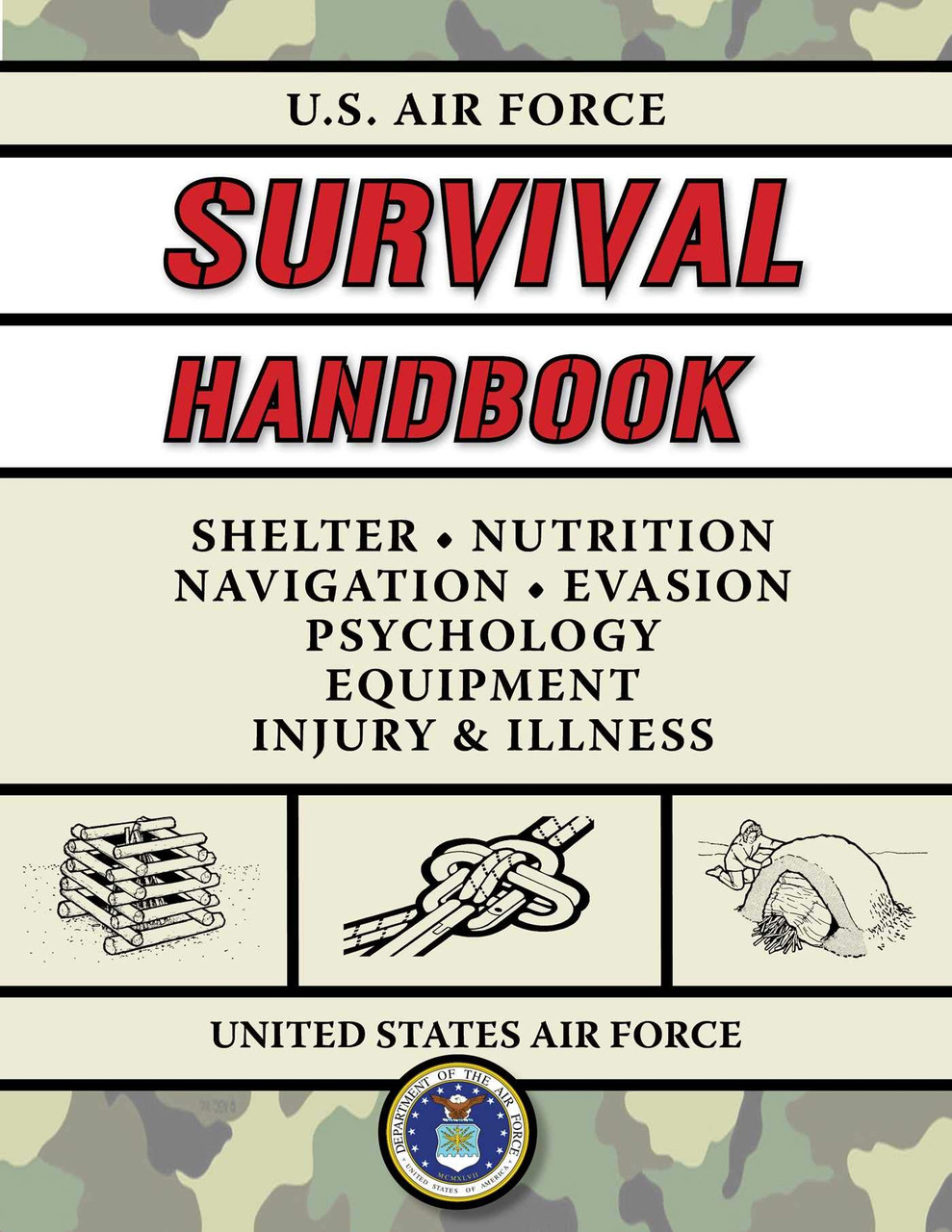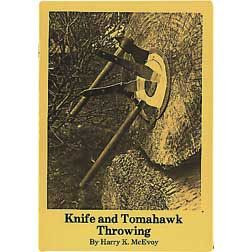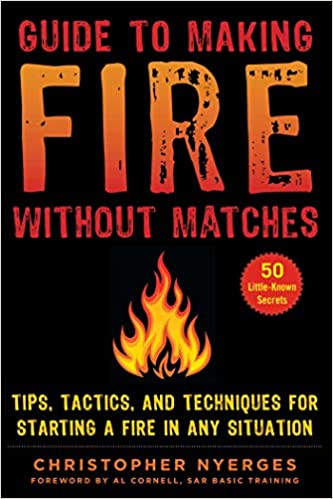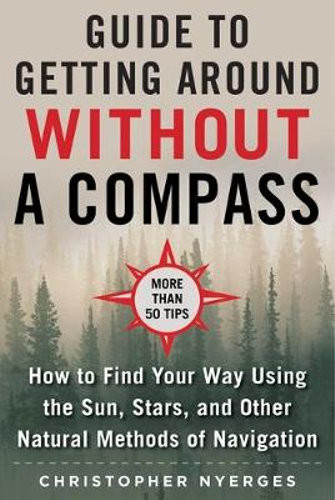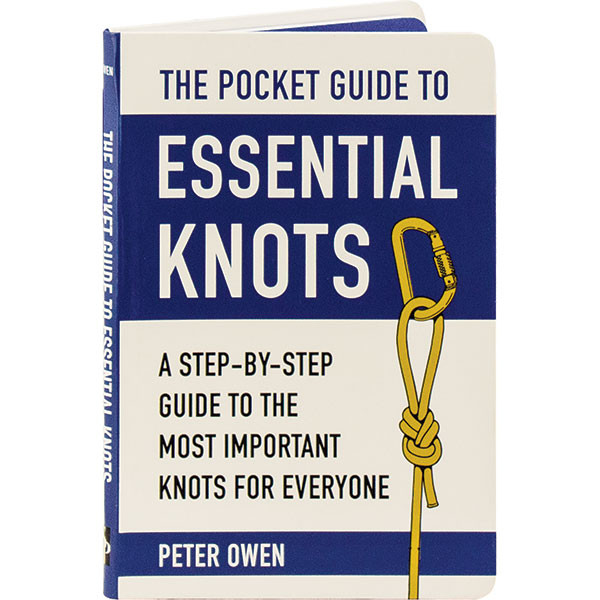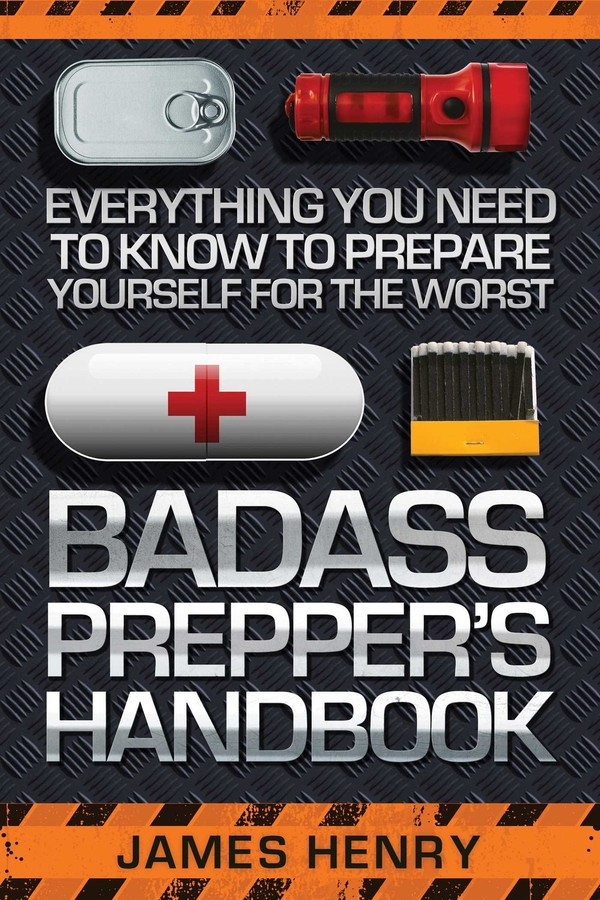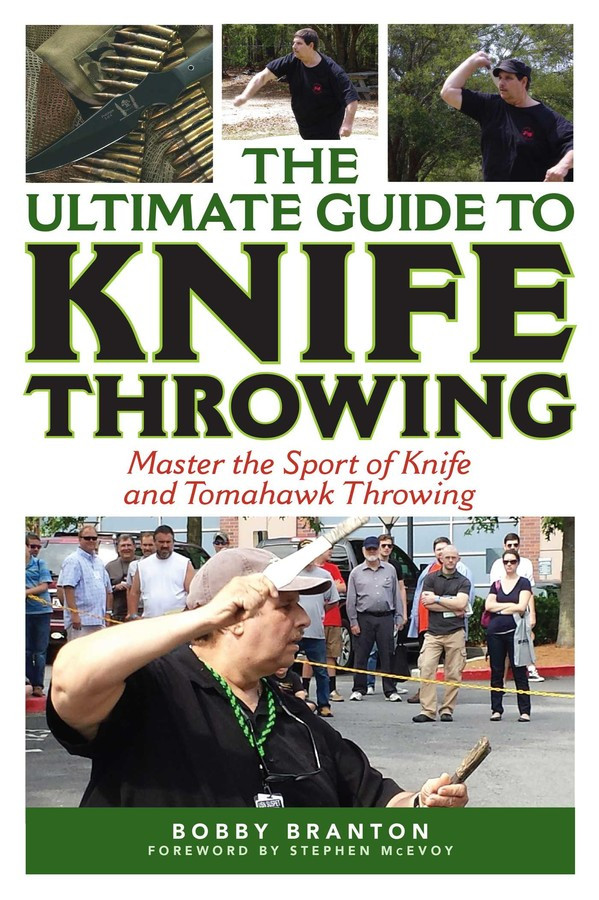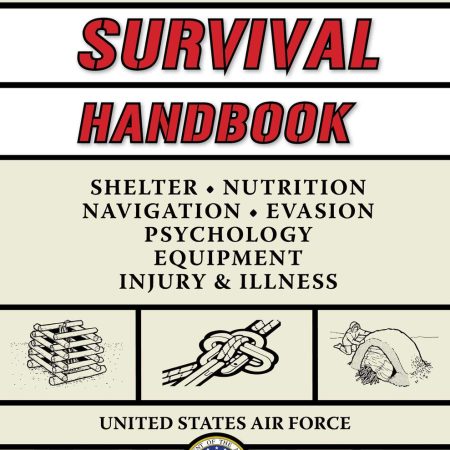| Content | Here is the Official US Air Force guide to staying alive in survival situations—first aid, concealment, survival at sea, building shelter, finding food and water, and more!
This Air Force handbook was written to help pilots who find themselves in hostile environments. While it is designed for use in formal Air Force training, it is also useful for the general reader seeking a comprehensive and complete manual of outdoor survival techniques. Any US Army survival kit would also benefit from this handbook.
Among other pieces of professional and expert advice, the US Air Force Survival Handbook tells readers about:
- Finding your way without a map
- First aid for illness and injury
- Finding food and water
- Building a fire
- Concealment techniques
- Using ropes and tying knots
- Survival at sea
- Signaling for help
- Animal tracking
- Predicting the weather
- Building shelters
Released on the 70th anniversary of the US Air Force, this book outlines specific survival threats found in many different types of terrain and how to survive them. It is invaluable to all who enjoy the outdoors and anyone who seeks insight into the training tactics of the US Air Force.
|
- Sections dealing with all kinds of emergency situations
- Great companion book to the Pocket Guide to Emergency First Aid
- Spiral binding lets pages lay flat for easy reading in the field
- Side tabs let you find the right chapter quickly
- Fully waterproof, dirt-proof, tear-proof, wind-proof, kid-proof.
- Pages are made of specially formulated, heat-treated, PVC plastic - polished, resin-coated polyvinylchloride polymer). Pages feature:
- Bright white printing surface - all printing is clear and precise
- Virtual indestructibility - the pages can't rip or tear, and the corners won't bend over
- Flexibility - pages can bend without breaking
- Washable surface - just wipe clean after use or wash in water
- Steel rule die cut with polished edges - the corners won't poke you while in your hand or in your pocket, as often happens with plastic printed materials
- Will not warp, fade or deteriorate. (Keep out of direct sunlight for prolonged periods - nothing can prevent the sun's ultraviolet rays from "yellowing" any kind of paper or plastic. Under normal conditions it will take years of use for these Pocket Guides to "yellow", and even then they will remain clear and perfectly readable!)
| Knife and Tomahawk Throwing by Harry K. McEvoy. 28 pages. | In Paracord!, you'll find step-by-step instructions to take you through every project. Each step is accompanied by a color photo that clearly illustrates the process.
Todd Mikkelsen's Paracord! offers a diverse collection of projects that utilize parachute cords—known around the world as paracord. Used by paratroopers and other military personnel during World War II, this lightweight nylon rope is now one of the most sought-after materials by crafters. Its durability and flexibility make it perfect for creating everyday accessories such as belts, bracelets, buckles, necklaces, dog leashes and collars, key chains, and more. Projects include:
Two-Color Solomon Bar Bracelet
Shark Jaw Bone Bracelit
Locked Half Hitch Bracelet
West Country Whipping Inverted Bracelet
Genoese Quick Deploy Strap
Zipper Quick Deploy Sinnet
Three-VBord Braid Necklace with Breakaway Clasmps
ID Lanyard
And many more.
As you will see, this rope comes in various colors, from army green to hot pink, making it easy to personalize every type of project. Mikkelsen includes introductory chapters preparing your paracord for crafting, tying different types of knots, and caring for and cleaning your completed paracord projects.
| Learn How to Start a Fire, Even When It Seems Impossible!
Since the dawn of mankind, fire has been a staple of survival. Whether it is used to keep warm, cook food, or scare away predators, fire is an essential element, one that is almost impossible for humans to live without. But with society's current dependence on modern tools and technology, many persons would have no idea how to start a fire without matches or a lighter. In an emergency situation, a lack of knowledge about it could easily prove fatal.
In Guide to Making Fire without Matches, survival expert Christopher Nyerges provides readers with all the skills that they may need to start a fire without modern tools. The book begins by covering the history and lore surrounding fire, and then moves on to describe, in detail, the four main methods through which fire is made: friction, the sun, electricity, and chemistry. Additional topics include:
How to make a fire in the rain
The best locations to build a fire
Safety precautions to take when around fire
How to tend your fire
How to make a signal fire
Different ways to cook with fire
And much more!
With helpful diagrams, illustrations, and sidebars, Guide to Making Fire without Matches is the ultimate reference book for learning about an essential element.
| Learn how to navigate without a compass, even when it seems impossible!
Whether we are walking or driving, whether in the woods, on the water, or in the city, it&;s vital that we know where we are and are able to find our way around. But with society&;s current dependence on modern tools and technology, many persons would have no idea how to navigate without a compass or GPS. In an emergency situation, that lack of knowledge could easily prove fatal.
In The Ultimate Guide to Navigating without a Compass, survival expert Christopher Nyerges provides readers with all the skills that they may need to navigate naturally. The book begins by describing the meaning of natural navigation, and then moves on to describe, in detail, the methods of natural navigation, including using the sun, the stars, the moon, and shadows. Additional topics include:
- How to read a map
- How to make a sun dial
- How to make a star dial
- How to use clouds to predict weather patterns
- How to track celestial changes
- How to gauge time through natural observation
- And much more!
With helpful diagrams, illustrations, and sidebars, The Ultimate Guide to Navigating without a Compass is the fundamental reference book for learning how to navigate by natural methods.
|
